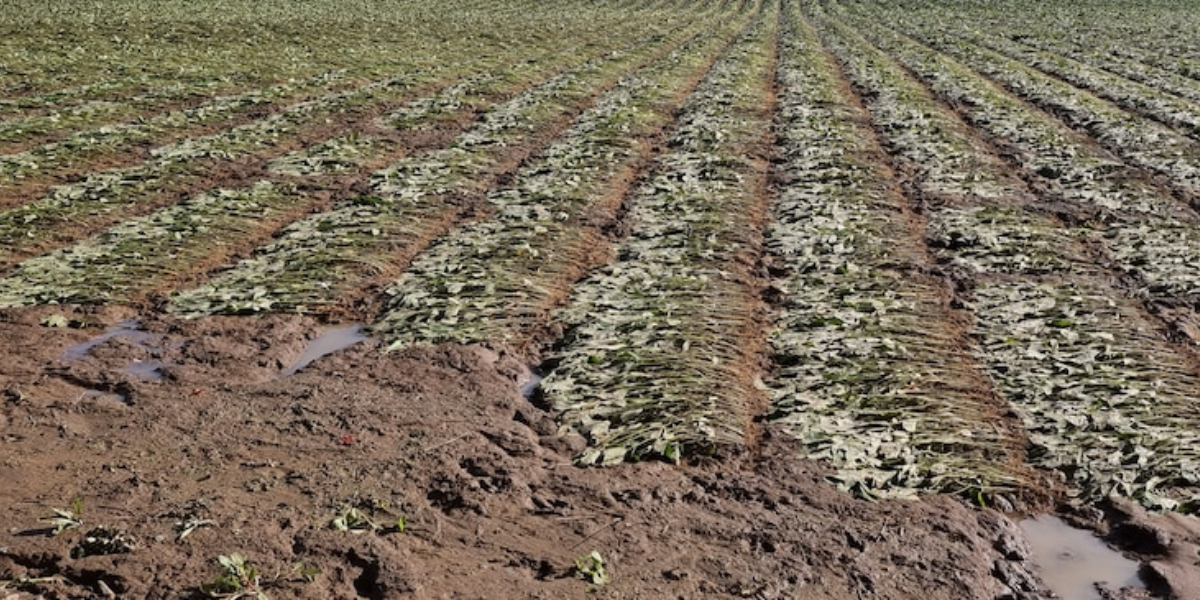The National Rural Health Alliance is concerned at how the La Niña weather cycle and flooding during 2021–22 has affected rural people, exacerbating health and other issues already faced by stretched communities.
The Alliance says the latest statistics on the production of principal agricultural commodities – including cereal and broadacre crops, horticulture and livestock – released by the Australian Bureau of Statistics (ABS) this week raise concern about the implications for rural and urban Australia.
Susanne Tegen, Chief Executive of the Alliance, says there are repercussions for rural people given how badly winter crops have been affected.
“It is worrying that 369 million hectares of agricultural land is down five per cent from 2020–21, due to extreme weather impact.”
“While we see some positive data in canola oil, cotton and wheat production in general, New South Wales farmers have suffered a large brunt of the inclement weather, with a seven per cent decrease in wheat production.”
“It is important to rethink strategies to address the ongoing issues with extreme weather patterns, acknowledging the contribution of rural areas to Australia’s economy through exports and the supply of food to the Australian population,” said Ms Tegen.
“The impact will, of course, also be felt by urban people, which will be voiced as complaints about the prices of bananas and other foods.”
The Alliance is calling on all stakeholders to take the impact of climate variability into account when drawing up primary industry and health policies, and to align strategies in order to benefit rural populations.
“We appreciate the hard work of farmers, who deal with weather change and rapidly altering global environments, and we acknowledge impact on the economy and wellbeing of rural populations.”
“This is a chain reaction where weather affects yield, impacts exports, and reduces local availability and prices. This, in turn, affects farmers’ and communities’ income, wellbeing and mental health.”
The National Rural Health Alliance has produced a Position Paper on Rural health policy in a changing climate which can be found at https://www.ruralhealth.org.au/document/position-paper-rural-health-policy-changing-climate-three-key-issues.
Have something to say about this story? Submit your own opinion piece, or quick word, to The Net.

